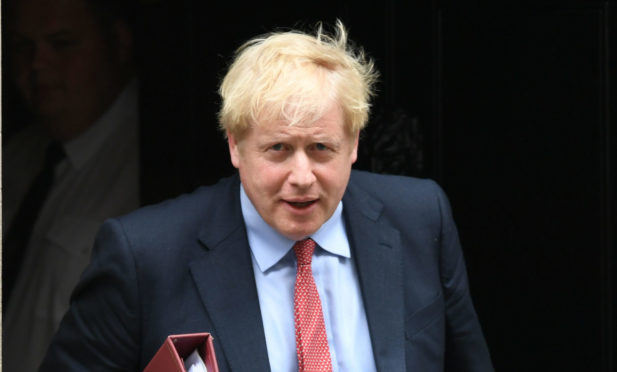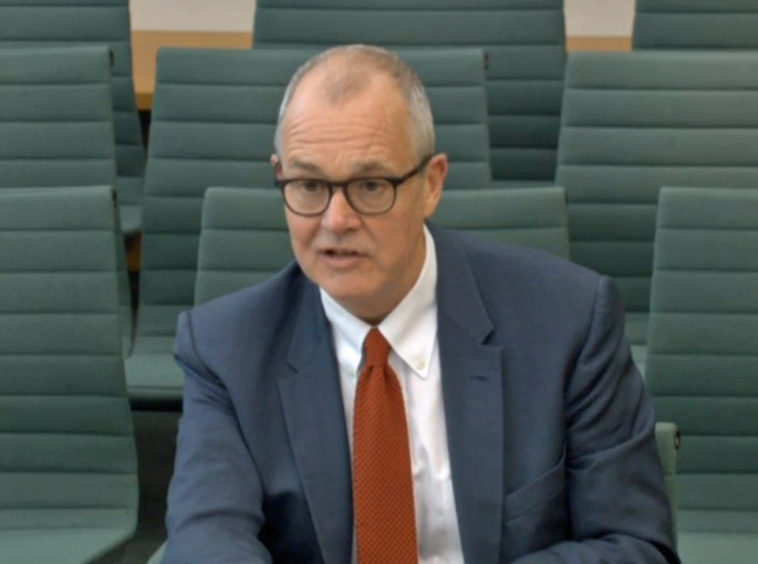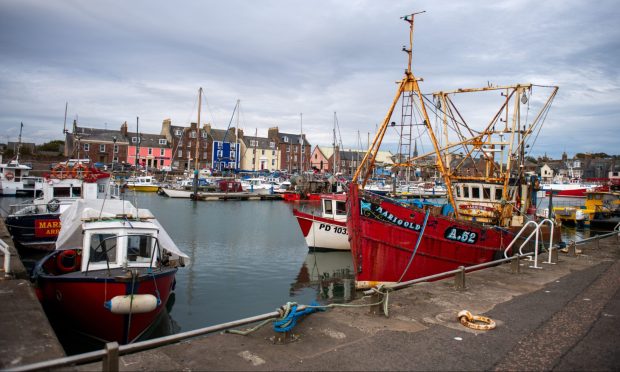Boris Johnson will hold crisis talks on the future of the union this week, as support for a second independence referendum continues to grow.
The prime minister is also planning a series of visits north of the border in a bid to persuade Scots to stick with Britain.
Nicola Sturgeon’s soaring approval rating – and polls showing consistent majority support for independence for the first time – has alarmed Downing Street.
In response, the prime minister is to recall senior ministers to London for a briefing from a top Scots Tory official to discuss how to stop a landslide SNP victory in next May’s Holyrood election, which would ramp up demands for another independence vote.
Mark McInnes, the party’s Scottish director, is due to present data gathered by new Downing Street polling guru James Kanagasooriamm, who helped mastermind Scottish Tory successes in 2016, on Tuesday.
Ahead of the meeting, a cabinet minister told the Sunday Times: “Michael Gove is in panic mode about the Union and Boris is in irritated mode.”
The comments came as Mr Johnson ruled out another nationwide coronavirus lockdown.
He told The Sunday Telegraph: “I can’t abandon that tool any more than I would abandon a nuclear deterrent.
“But it is like a nuclear deterrent, I certainly don’t want to use it. And nor do I think we will be in that position again.”
His comments could lead to further tensions between ministers and their scientific experts after the chief scientific adviser Sir Patrick Vallance warned on Friday there was “a risk” national measures could be needed as winter approaches.
Announcing another easing of lockdown restrictions in England, Mr Johnson on Friday said he hoped there could be a “significant return to normality” in time for Christmas.
At the same time, he said the Government had given local authorities south of the border new powers to close specific premises, shut outdoor spaces and cancel events.
Mr Johnson told the Telegraph: “It is not just that we’re getting much better at spotting the disease and isolating it locally, but we understand far more which groups it affects, how it works, and how it’s transmitted, so the possibility of different types of segmentation, of enhanced shielding for particular groups, is now there.
“We’re genuinely able now to look at what’s happening in much closer to real time, to isolate outbreaks and to address them on the spot, and to work with local authorities to contain the problem locally and regionally if we have to.”
As he approaches his first anniversary in office, Mr Johnson insisted his agenda for domestic reform and “levelling up” the economy would not be blown off course by the pandemic.
“We want to be a transformative Government, because there’s a massive opportunity in this country to do things differently and to do things better,” he said.
“We’ve seen that really exemplified in what happened with coronavirus.”
The prime minister confirmed that as part of that he was looking at reform of the Civil Service in the wake of the announcement the Cabinet Secretary, Sir Mark Sedwill, is stepping down.
“Please don’t think that I in any way underestimate the brilliance of the UK Civil Service, they are absolutely fantastic,” he said.
“But maybe there are ways in which we can all learn together to do things faster, to have a real spirit of ‘can do’.
“I’m not saying that people don’t have that, but there’s an opportunity to learn from the crisis and to work faster.
“I think sometimes it’s a question of confidence and belief.”





